How to Choose a Swimming Pool Heat Pump: A Complete Guide
How to Choose a Pool Heat Pump: The Ultimate Guide
With winter settling in across Australia, a pool heat pump is the perfect solution for enjoying warm, inviting swims without skyrocketing energy bills.
This comprehensive guide will help you find the ideal heat pump for your backyard oasis.
Why Choose a Pool Heat Pump?
Unlike traditional gas or electric heaters that generate heat, pool heat pumps extract warmth from the surrounding air to heat your pool water. This makes them:
- Energy-efficient – They use less electricity, saving you money on operating costs.
- Eco-friendly – Lower energy consumption means a smaller carbon footprint.
- Consistent & reliable – Enjoy steady warmth for longer swim seasons.
Whether you're looking to take the chill off or maintain tropical temperatures year-round, a heat pump is a smart investment.
Key Factors to Consider When Buying a Pool Heat Pump
1. Pool Size & Heating Capacity
The most crucial factor is matching your heat pump's output (measured in BTUs – British Thermal Units) to your pool's volume.
| Pool Size | Recommended BTU Range |
|---|---|
| Small (under 10,000L) | 50,000–70,000 BTU |
| Medium (10,000–20,000L) | 80,000–110,000 BTU |
| Large (20,000L+) | 120,000–140,000+ BTU |
2. Climate & Target Water Temperature
Heat pumps work best in moderate to warm climates, but some models perform well in cooler conditions.
- Warm climates: Smaller, standard models suffice.
- Cooler regions: Opt for a high-BTU or low-temperature-rated heat pump.
- Target temperature: If you prefer very warm water (especially in early/late season), choose a more powerful unit.
3. Energy Efficiency (COP Rating)
The Coefficient of Performance (COP) measures efficiency—the higher the COP, the lower your running costs.
- Look for COP ratings above 5.0 (some premium models, like the Viron Inverter Heat Pump, reach up to 13.57).
- R32 refrigerant is more efficient than older R410A models, cutting energy use by up to 10%.
4. Installation Requirements
Proper installation ensures optimal performance and longevity:
- Location: Flat, stable ground near your pool's filtration system.
- Clearance: Allow space for airflow and maintenance access.
- Professional setup: Always hire a licensed installer for safety and compliance.
5. Special Features to Look For
WiFi/Digital Controls
Adjust settings remotely from your smartphone or tablet.
Auto Defrost
Ensures reliable operation even in freezing temperatures.
Quiet Operation
Insulated cabinets and variable-speed compressors for peaceful enjoyment.
Titanium Heat Exchanger
Resists corrosion, ideal for saltwater pools.
6. Noise Levels
If peace and quiet matter, check decibel ratings. Quieter models feature:
- Sound-dampening insulation
- Larger, slower fans
- Variable-speed compressors
Positioning the unit away from seating areas also helps.
7. Durability & Warranty
A quality heat pump should last 10+ years with proper care. Look for:
- Titanium or corrosion-resistant components
- Weatherproof housing
8. Cost Considerations
Budget for both upfront and long-term expenses:
| Expense Type | Estimated Cost |
|---|---|
| Unit Price | $3,000–$7,000+ |
| Installation | Varies by location |
| Running Costs | Lower than gas heaters |
Remember: A well-sized, efficient model pays for itself over time in energy savings.
Final Tips Before You Buy
- Consult a professional for sizing and installation.
- Compare warranties and after-sales support.
- Read reviews to gauge real-world performance.
Ready to Extend Your Swim Season?
A pool heat pump is a long-term investment in comfort and savings. By considering size, climate, efficiency, and features, you'll find the perfect match for your pool.
Contact Our Experts Today Explore Heat Pumps
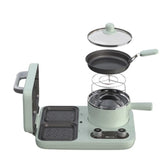

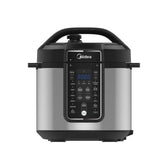

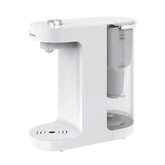

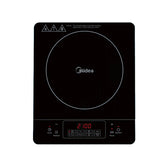

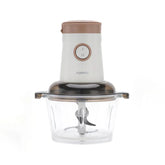



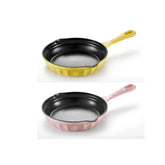

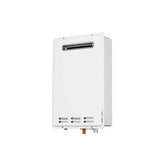

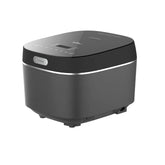

Leave a comment
Please note, comments need to be approved before they are published.